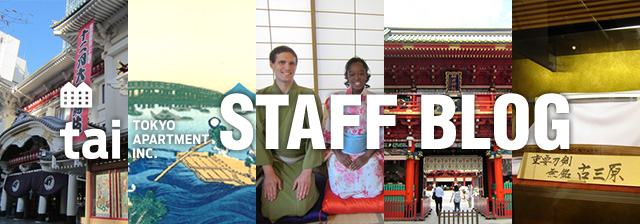September 18, 2017 7:37 PM
Japan's quality bubble explains its flat-lined GDP
Weekly's Pick up
Weekly Pick up will introduce news to help you learn the trends about Japan market investment.
Japan is not experiencing a recession or stagflation. In fact, Japan likely is -- and has been -- a healthy growing economy for the last 20 years. The reason Japanese gross domestic product appears flat-lined is due to a simple quirk of macroeconomics: a quality bubble.
I came to this realization first by simple observation. As anyone who has visited Japan can attest, the quality of services consumed in daily life is extremely high. Whether it's a set-menu lunch, or help at a department store, Japan's domestic services are superior to almost any other first world economy; including the United States.
This led me to wonder: Could Japan's GDP calculations not accurately be taking into account the quality of domestic life? As any economist can attest, GDP is a notoriously inaccurate standard of measure. In particular, GDP's market-basket calculations break down if prices aren't rising with quality improvements. I believe this to be the case in Japan.
The Japanese labor market still suffers from the shadow of lifetime employment; there is comparatively little mobility. As Japan has modernized, labor has remained trapped in the service sector; creating oversupply. According to the World Bank, an average global economy has less than 50 percent of its labor deployed in services; compared to Japan at 70 percent.
If service labor is oversupplied, its market must be very competitive. Competition can have one of two effects: either improving quality, or reducing price. Japan has a natural bias toward competing on quality. We observe this anecdotally (think of Toyota cars), but also objectively: traded Japanese goods command a significant premium based on country of manufacture. More broadly, there is a cultural argument at play here: historians have noted the legacy of Japan's limited farmland has produced a cultural tendency to maximize and refine, rather than over-produce.
If Japanese service quality has been steadily improving, why haven't prices risen? As we just established, Japan's service sector is oversupplied; there is too much domestic competition to allow prices to rise. And services are non-tradable. A hair cut in Japan does no good if you live in New York. Foreign demand cannot put upward pressure on prices. Nor can immigration drive up domestic demand: Japan is a notoriously closed to international labor, by both law and language. Without substantial human capital flows, even if domestic goods and services are of increasing value, foreign demand can't access it.
If Japan is experiencing a quality bubble, how severe could it be? If Japan's service quality has been improving by only 2 percent for the last two decades (far below typical, competitive inflation), then today Japan's GDP would be understated by over a trillion dollars! This would equate to an entire point of "hidden" GDP growth. A quality bubble would mean the Japanese economy isn't stagnant. Quite literally, invisible fortunes have been added to the economy in terms of daily, quality-of-life.
In global economics, much emphasis is put on top-line absolutes: units consumed and quantities produced. Japan's cultural and international reputation for quality is well deserved; but its abstractness means traditional economic measures like GDP often fail to assess it fully. I for one believe Japan has built an economy focusing on quality in its domestic services. And I think recognizing this quality bubble is the first step to appreciating and assessing its significant value.
THE JAPAN TIMES
Recent posts
- Mori Building reveals plan for 330-meter tower in $5.5bn downtown redevelopment
- Japanese brokerages pummeled by poor retail business
- Japan real estate recovery defies demographic decline
- Tokyo condo prices tower near record heights in 2017
- Tsukiji move delay clouds Tokyo waterfront plans
- Asia's big money reigns over Japan's property market
- Buying a house in Japan can be an investment in joy
- Japan's quality bubble explains its flat-lined GDP
- SUPPLY OF NEW APARTMENTS SHRINKING AS DEVELOPERS STRUGGLE TO SECURE LAND
- Tsukiji: From fish market to food theme park
Calendar
August
| M | Tu | W | Th | F | Sa | Su |
|---|---|---|---|---|---|---|
| 1 | 2 | 3 | ||||
| 4 | 5 | 6 | 7 | 8 | 9 | 10 |
| 11 | 12 | 13 | 14 | 15 | 16 | 17 |
| 18 | 19 | 20 | 21 | 22 | 23 | 24 |
| 25 | 26 | 27 | 28 | 29 | 30 | 31 |














